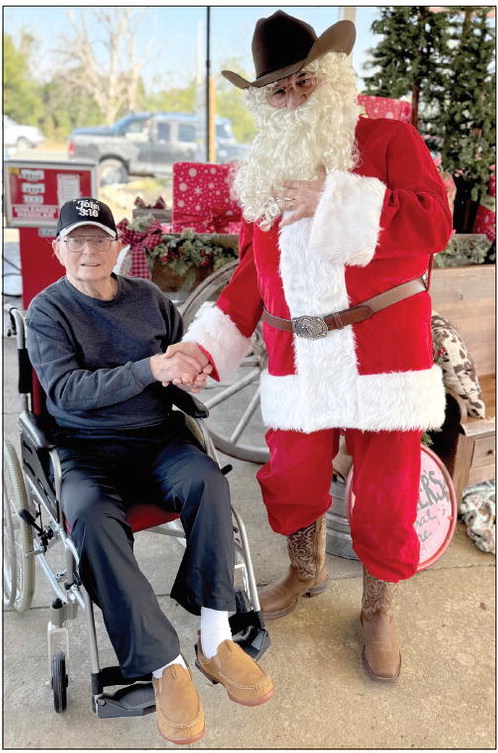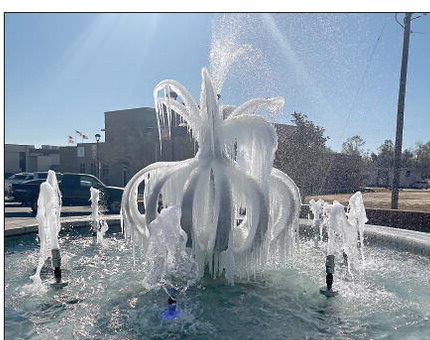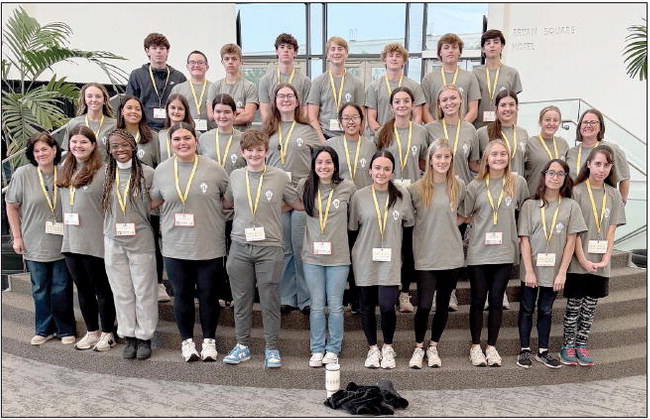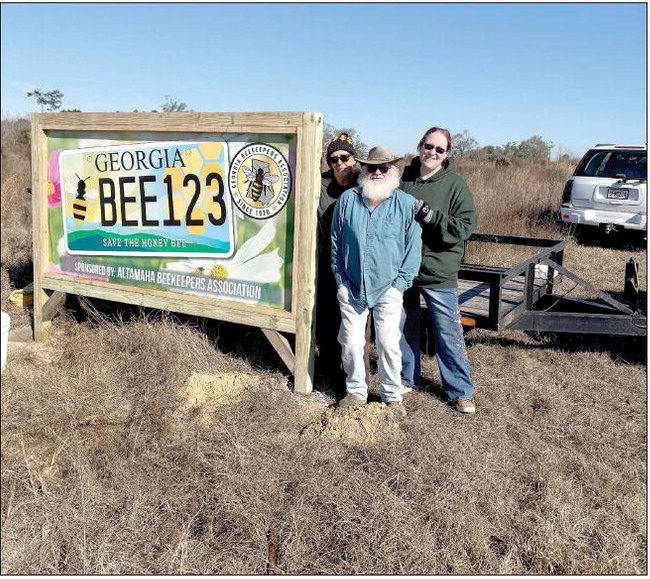Remembering Sunday, September 22, 1776
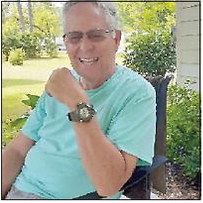

Editor’s Note: In preparation for the 250th Anniversary of the American Revolution, the Four Rivers Chapter of the Sons of the American Revolution (SAR) Member William Sanders is sharing messages of the impact of the war on today’s society.
If I were to ask you what happened on Sunday, September 22,1776, some of you might say it was the first day of Fall, and you would be right, while others might say I don't have a clue. I am going to reveal the answer slowly, as Paul Harvey used to do. A 21 year old lost his life on this date. This is very rare because only 5-8 twenty one year olds die in the United States daily.
This young man came from a large family. He was the 6th of 10 children. Apparently he was very intelligent, entering Yale University at the age of 14 along with Enoch, one of his brothers who was 16. Graduating four years later he took up the profession of schoolteacher in Connecticut.
When the Revolutionary War broke out, he volunteered for the Connecticut Militia, and was commissioned as a 1st lieutenant. When you think of a schoolteacher, it brings to mind someone who would make a good supply officer or paymaster. This young man wanted something more. As he transferred from the Connecticut Militia to the Continental Army, he was promoted to captain. About the same time, he joined an elite unit known as Knowlton's Rangers.
Knowlton's Rangers was an elite unit whose purpose was to gather intelligence.
We would call it spying today. There were no secret rocket plans to steal back then, but troop strength, unit locations, and troop movements were as important back then as they are now. This young man was the only one from his unit to volunteer.
His first assignment was to go behind British lines to scout and map British defenses on Long Island, New York. Taking the cover of a schoolteacher, which he knew well, the mission went smoothly. A week went by, and he was returning to the American lines. Stopping at a tavern to rest and get something to eat, he met an individual he believed to be a Patriot like himself.
The individual he met was a Loyalist by the name of Robert Rogers. He was a Major in the Queen's Rangers, and was out looking for spies in disguise. Gaining the young man’s confidence, and getting the young man to reveal he was there spying, Rogers came back the next day with soldiers and arrested him.
They found maps and sketches on him. Not given the courtesy of a trial, he was hanged the next day. Even the honor of a proper burial was withheld from him. The body was left hanging for several days, and he was buried in an unmarked grave.
Did this young man leave a wife or sweetheart behind? Some believe he was either engaged to or in a serious relationship with Alice Beach. There is no account that he begged for his life. You may ask why we should consider this young man's life? He died at 21. The information he was gathering never made it back to the Americans. He died before his life really began.
The value of this young man's life is not in what he did, but in what he said at the end of his life. One quote is well known – the other one not so much.
It is believed that his final words were, 'I only regret that I have but one life to lose for my country'. Other sources say he said, 'I am satisfied with the cause in which I have engaged, that my only regret is that I have not more lives than one to offer in its service'.
If you have guessed by now that I am talking about Nathan Hale, you are right. There is a monument at his alma mater Yale honoring him, and in 1985 Connecticut made him the state hero. 'That's the rest of the story.'
In this age of selfishness, we need to look at individuals like Nathan Hale to be examples to us of what selfless service to our communities, towns, state, and country look like. John F. Kennedy said in his 1961 inaugural address, 'Ask not what your country can do for you – ask what you can do for your country'. Put down your phone and do a selfless act for someone today.



